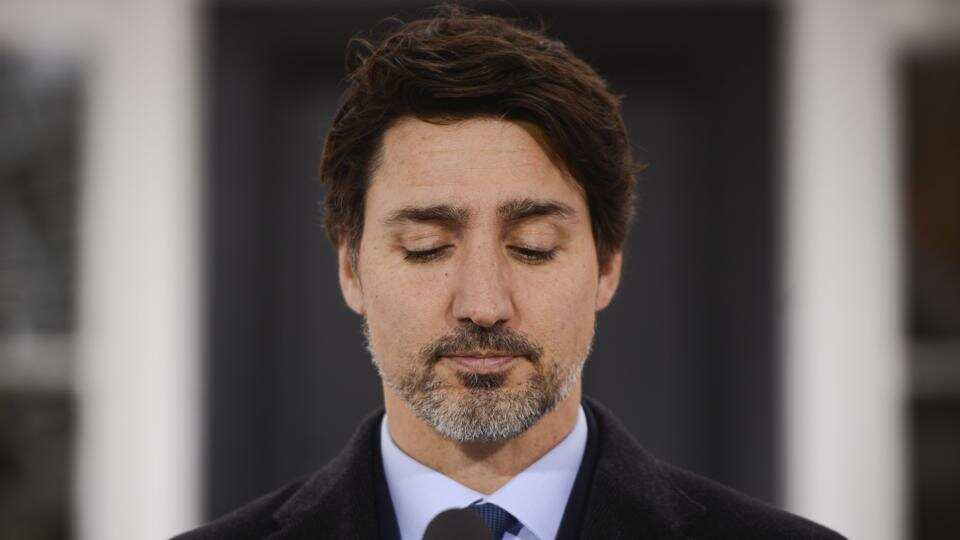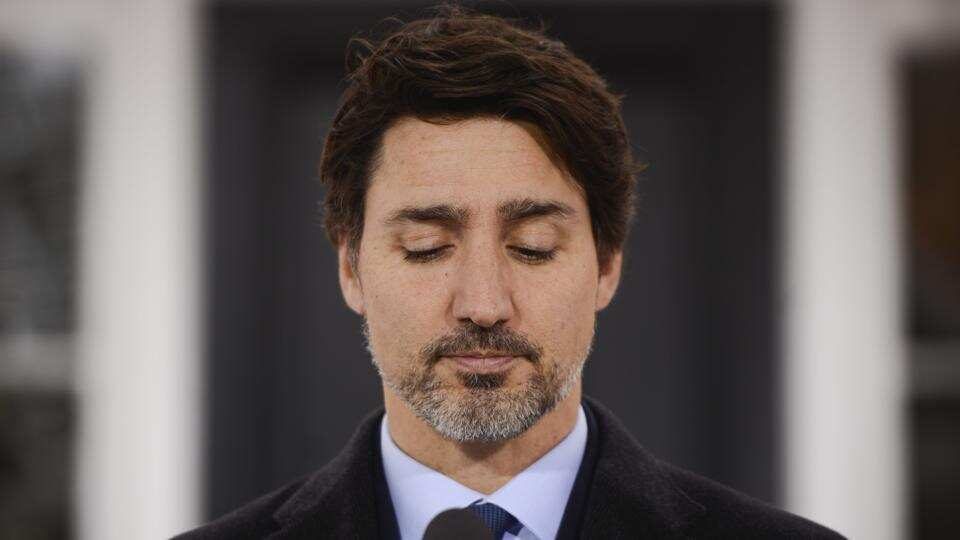The Canadian Government is prepared to mobilise nearly 24,000 troops to assist in the effort to contain the COVID-19 pandemic, even as its Prime Minister Justin Trudeau pointedly said the country was on a different “trajectory” from the spread of the disease in the United States.
Addressing his daily press conference, Trudeau said, “I think I would say we’re not necessarily on the same trajectory. We were quicker to get the screening done, and I think we have had more success in getting people to self-isolate.”
Those remarks, delivered in French and translated by the Canadian outlet Global News, came even as cases and deaths have skyrocketed in America.
However, Trudeau also admitted his Government did not get “things perfectly right” in response to a question over whether the ban on international travellers into Canada, imposed in mid-March, came a little too late.Canada witnessed a spike in cases on Monday with 1127 new patients taking the total to 7448. The country has recorded 89 deaths and 1065 have recovered.
Among the actions Ottawa appears to be contemplating seriously is sending in the Armed Forces to help out the civilian authorities. Canada’s Minister of National Defence Harjit Sajjan said during a media interaction, “These flexible teams are capable of operating as local response forces to assist with humanitarian support, wellness checks, natural disaster response and other tasks as required.”
He later tweeted, “We’re ready to help slow the spread of the virus, support our most vulnerable & assist provinces & territories with logistics.” Among the forces that may be marshalled will be 10 Regular Forces units consisting of 500 troops each to provide communities with “humanitarian support” and help with “delivery of goods.”Sajjan also said a wide range of helicopters and transport aircraft will be made available while the Navy is preparing to be able “to respond on short-notice to coastal communities who might need a helping hand.” Reservists and Canadian Ranger Patrols will also be called in, with the latter tasked with delivering succour to remote areas of the Arctic, inhabited by some of the country’s Indigenous communities.


